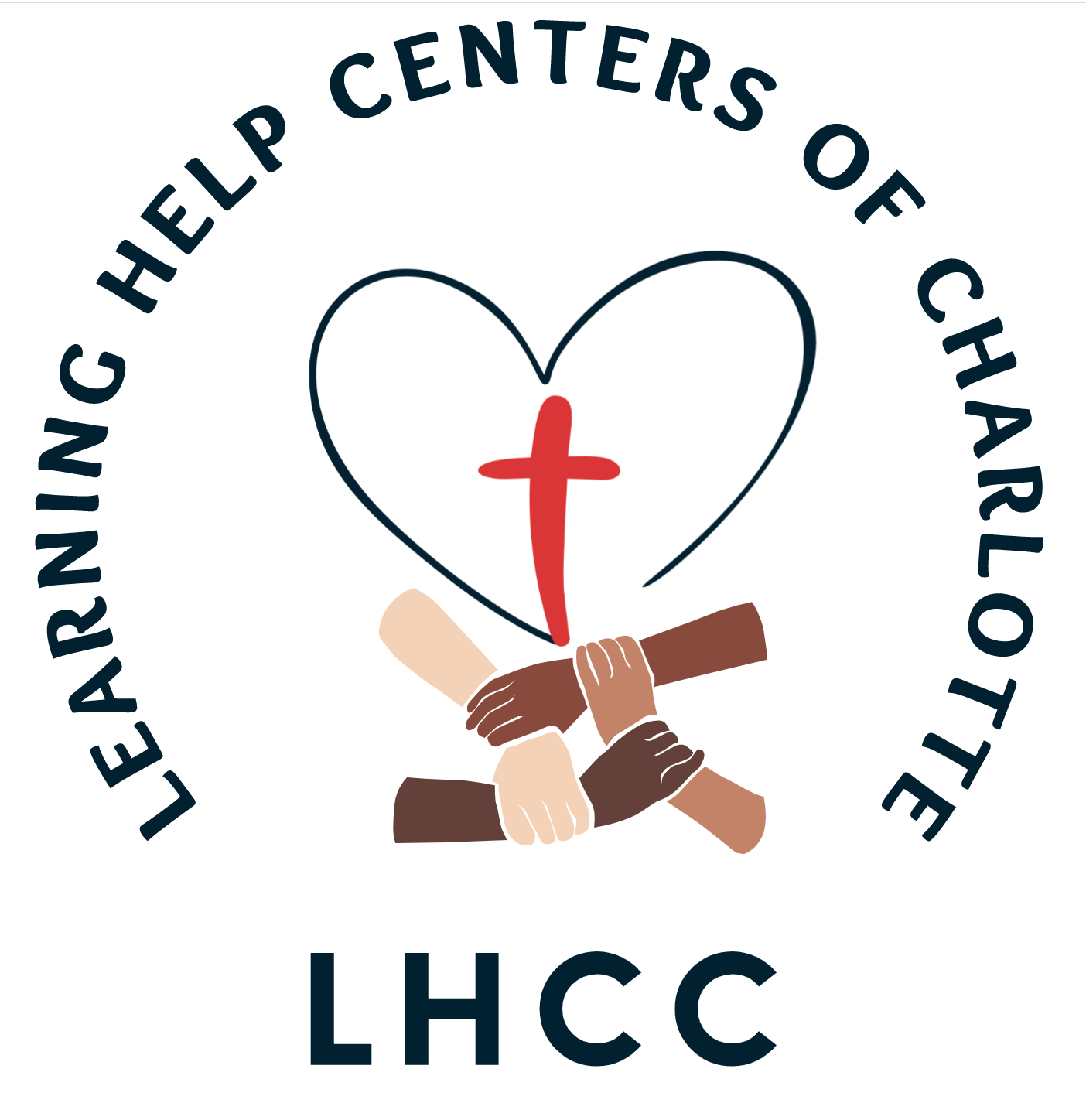Bridging the Gap
Addressing the Educational Needs of Our Community
This months blog is written by Alejandra Sarinana, our new Family Learning Coordinator. In recent months, our work with families has highlighted several pressing needs within our educational community. From parental involvement to student motivation, these challenges require a collective effort to ensure that every child receives the support they need to succeed. Here's a closer look at the identified needs, our learning experiences, and the pivotal role that LHCC plays in addressing these issues.
Identified Needs
1. Parental Involvement and Awareness:
Many parents are not actively involved in school activities or are unaware of essential details, such as the subjects their children are taking or upcoming exams. This lack of engagement can hinder a child's educational progress and emotional well-being.
2. Student Motivation and Goal setting:
A significant number of students lack interest in setting goals and show low motivation towards school activities and their future. This lack of direction can affect their academic performance and long-term aspirations.
3. Home Structure and Routine:
There is a noticeable absence of structured routines at home, with no set schedules for school activities. Establishing a routine is crucial for developing study habits and reducing anxiety in children, creating a more conducive environment for learning.
4. Psychological Support:
Parents frequently request psychological help for both themselves and their children. This highlights the need for accessible mental health resources to support the emotional and psychological well-being of families.
5. Need for Individualized Support:
Some children require consistent one-on-one support multiple times a week. While some schools offer tutoring sessions, these are often insufficient for students who need extra reinforcement, which cannot be adequately provided during group sessions.
Learning from LHCC Families
Through our work with LHCC families, several positive trends have emerged:
- Parental Cooperation:
Parents have shown a strong willingness to cooperate and are eager to learn strategies to help their children. They maintain constant communication and exhibit a positive attitude towards improving their children's education.
- Teacher Engagement:
Most teachers demonstrate excellent communication skills and a willingness to provide support. Although some teachers strive to offer one-on-one help during classes, they often cannot extend this support to all subjects. Most teachers are dedicated and actively contribute to their students' learning.
LHCC's Role in Addressing Educational Needs
At LHCC, our focus is on supporting parents, students, and tutors through various initiatives:
- Support and Communication:
As an FLC (Family Learning Coordinator), my role involves assisting families with the learning process, facilitating communication with schools, addressing learning issues, mental health interventions and following up on individual cases.
- Tutor Involvement:
Tutors play a critical role in providing feedback to parents and fostering communication between parents, tutors, and the FLC. They need to identify obstacles during tutoring sessions, set objectives, and use various tools and strategies to support students effectively.
- Identifying Educational Needs:
Our work has uncovered important educational needs, such as learning problems, disabilities, ADHD, and autism. Addressing these needs relies heavily on collaboration among families, parents, and tutors.
- Providing Reinforcement:
Some students have very low grades and require additional reinforcement and attention. Through perseverance and dedicated effort, these challenges can be overcome, although they often require more time and specific interventions.
Conclusion
The challenges we face in our educational community are significant, but with persistence and collaboration, we can achieve our goals. By fostering stronger communication, providing tailored support, and addressing both academic and psychological needs, we can make a meaningful difference in the lives of our families. Together, we can create a supportive environment where every child has the opportunity to thrive.
Grateful for your support of our work.
Alejandra Sarinana
June 2024

